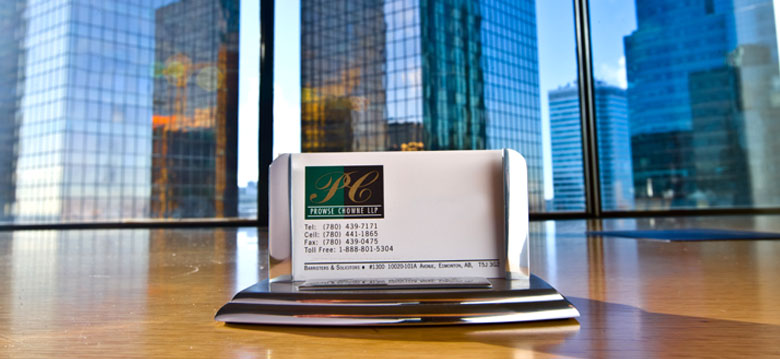1. Owning an issued patent does not mean you are not infringing someone else’s patent. Let me give you an example: Say you have invented a 5-speed transmission and obtained an issued patent for your invention. That means that you have a monopoly on that 5-speed transmission until your patent expires or lapses, so you are surprised when you receive a cease and desist letter or become a party to an infringement action. After all, you are making and selling what is protected by your patent. Well, as it turns out, the other party has an issued patent that was filed before your patent for the 4-speed transmission. Your 5-speed transmission includes all of the elements that are discussed in the other party’s patent but also adds other elements to give it the 5th speed. Because your transmission includes everything discussed in their patent, it is possible that you have infringed their patent even while simply practicing what you have described in yours.
2. The most common defense used in infringement actions is the invalidity of the patent. If you have an issued patent and you decide to go after someone for infringement, you must be ready for a challenge to your patent and the possibility that your patent could be invalidated during the trial. Often the defendant will make an argument that they are not infringing, but if they are infringing then it doesn’t matter because your patent is invalid.
3. Having a patent does not automatically give your invention commercial viability. There are issued patents that disclose some pretty weird inventions and a simple online search of “weird patents” can provide you with hours of entertainment. While I certainly can’t say for a fact that these were not commercially viable inventions, I personally can’t imagine purchasing any of them. Of course, the opposition is also true, not being able to get a patent for your invention does not mean that your invention can’t or won’t make you money.
4. Sometimes it is better to simply keep something a secret instead of obtaining a patent on it. Think about the restaurant industry and their secret blends of herbs and spices that are used in their food. Do you think it would be beneficial for them to have received a patent? Think about it this way, when you file for a patent, you must disclose your invention so that once the patent expires, anyone in the same industry would be able to use it the same way. Assuming you obtain a patent, you have a 20-year monopoly from the date you filed your application. If those secret blends were patented, the restaurant companies would have to provide detailed information about their recipes. Keeping their secrets has helped them to earn money that could otherwise have been lost by filing for patents.
5. Mailing your invention to yourself does not give you any protection. The only way to obtain any type of protection for your invention is to file it with the appropriate patent offices of each country for which you want protection. If you want protection in Canada, you must file an application in Canada. If you want protection in the US, you must file your application in the US. If you want protection in both Canada and the US, you must file your application in both countries. A Canadian patent will not provide you with any protection in the US and vice versa.
Lorraine Prowse – Patent and Trademark Agent
Information on this website is for informational purposes only. It is not, and should not be taken as, legal advice. You should not rely on or take any action based upon this information. This website should not be used as a substitute for professional legal advice. Prowse Barrette LLP professionals would be pleased to advise you.

